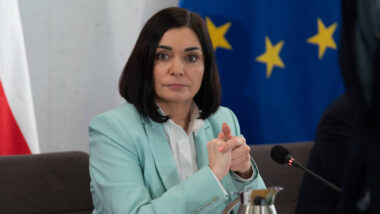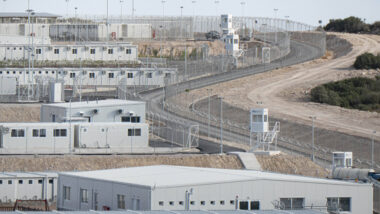Bei einem Treffen der EU-Innenminister im August wurden Pläne verkündet, stärker im Internet gegen Terroristen vorgehen zu wollen. Das britische Spyblog hat daraufhin 17 Fragen an den EU-Justizkommissar Franco Frattini geschrieben und um Antwort gebeten. Diese sind mittlerweile von Jonathan Faull, seines Zeichen „EU Commission Director General for Justice, Freedom and Security“ beantwortet und vom Spyblog veröffentlicht worden.
Response from the European Commission regarding the policy of censoring „terrorist“ web sites – part 1
European Commission policy of censoring „terrorist“ web sites – part 2
European Commission „policy“ of censoring „terrorist“ web sites – part 3
European Commission – censoring „terrorist“ web sites – part 4
The Register berichtet ganz amüsant über die Aktion und vor allem die (nichtssagenden) Antworten: EU plans to block terror sites, but doesn’t know how.
Essentially, the Commission seems to know approximately what it wants to do, to have barely the vaguest of notions how to go about doing it, but to be exceedingly keen to assure people that it won’t do anything that is in conflict with the principles of the European Union. Take question one, for example, „Are you proposing a European Union version of the national level firewall content filtering and censorware software such as is used in the ‚Great firewall of China‘ or in Saudi Arabia and other repressive regimes?“
Faull responds with a refrain that will become tedious well before question 17. „At such an early stage of our consultations it would be premature to speak about a specific solution… [so ominously, perhaps we’re not altogether ruling that one out]… the European Union is founded on the principles of liberty, democracy, respect for human rights and fundamental freedoms, and the rule of law. In consequence, policy options undermining such principles will be necessarily ruled out.“ Relieved? We know we were. So even if Europe does build a Great Firewall it won’t be one that undermines our basic principles, right…




Na dann viel Glück! XD